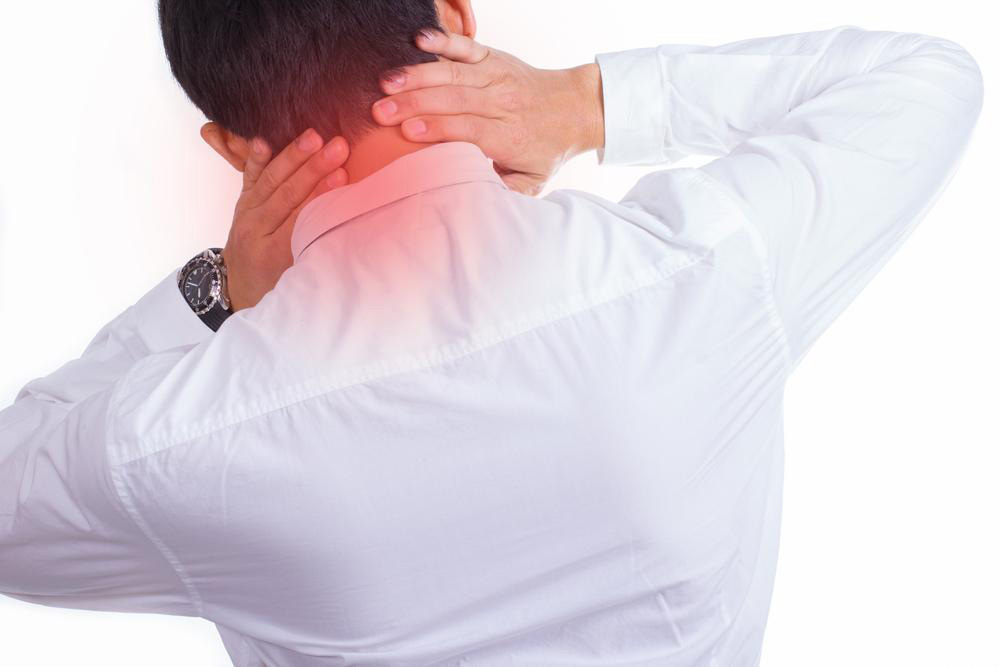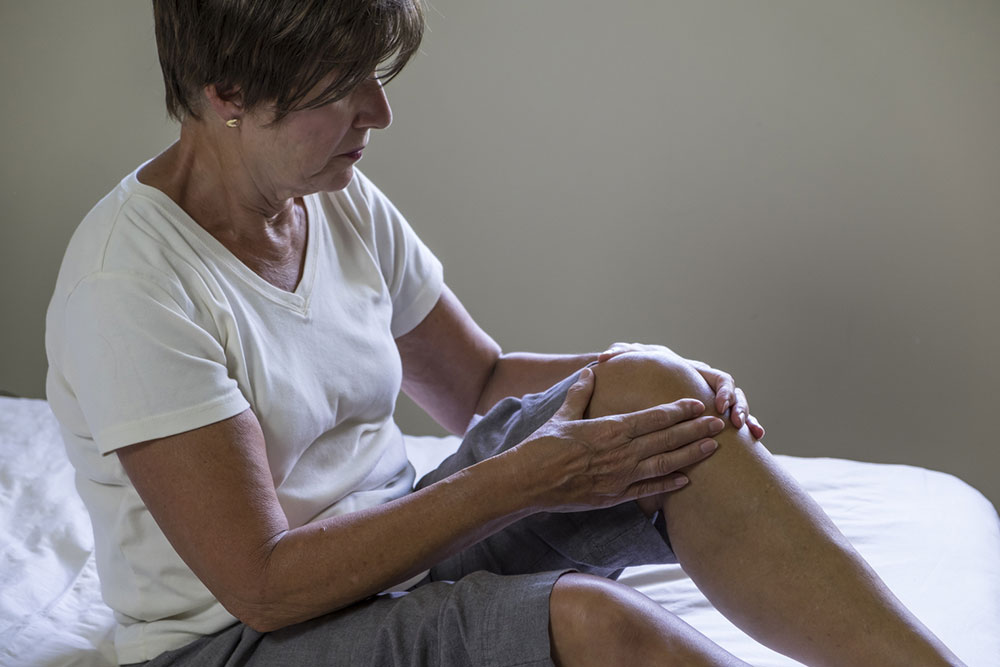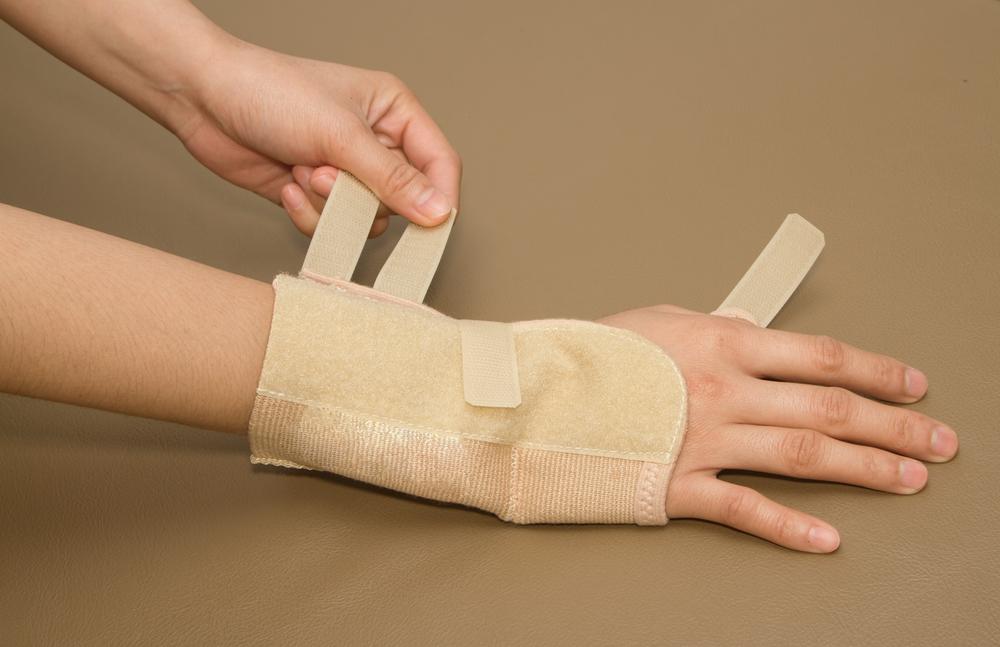Effective Home Hacks to Ease Neck Discomfort
Discover practical home remedies to alleviate neck pain naturally. From herbal remedies and massage to hydration and stretching, these tips can help reduce discomfort without medication. Regular application of these simple techniques can lead to significant relief and improve neck health over time.

Simple Home Remedies to Relieve Neck Discomfort
Neck pain is a common issue caused by poor posture, sleeping habits, or minor falls. Usually, if pain persists for less than a week without other symptoms, it’s manageable. Prolonged pain beyond a week could indicate a serious problem requiring medical attention.
In response to pain, many turn to over-the-counter medications like Tylenol or Advil, which offer only temporary relief. Neck discomfort can significantly interfere with daily routines.
To avoid medication, explore natural home remedies.
Incorporate herbs
Ginger and turmeric are recognized for their anti-inflammatory properties. Adding them to meals can help alleviate pain. Herbs like arnica, boswellia, white willow bark, devil’s claw, and licorice may also help control discomfort. Bromelain, an enzyme in pineapple, is believed to reduce inflammation and pain.
Use lavender oil for massage
Lavender has long been valued for medicinal purposes and aromatherapy. Massaging with lavender oil can help ease neck pain.
Staying hydrated is essential for spinal health. Water supports disc function and reduces pressure on the spine, helping to lessen neck pain. Regular stretching can also release muscle tension; simple yoga poses can enhance oxygen flow and relieve discomfort. Gentle massages break up fascia tension and prevent muscle strain. An Epsom salt bath—adding two cups to a warm tub—relieves stress, reduces swelling, and relaxes muscles. Consistent use of these remedies over days can lead to noticeable relief.
Note:
The information shared on this platform covers diverse topics to offer helpful insights. While the data is based on research, it should not replace professional medical advice. We aren’t responsible for discrepancies or inaccuracies. Readers should seek medical guidance for persistent or severe pain, and should be aware that some schemes or offers might not be included in this overview.










